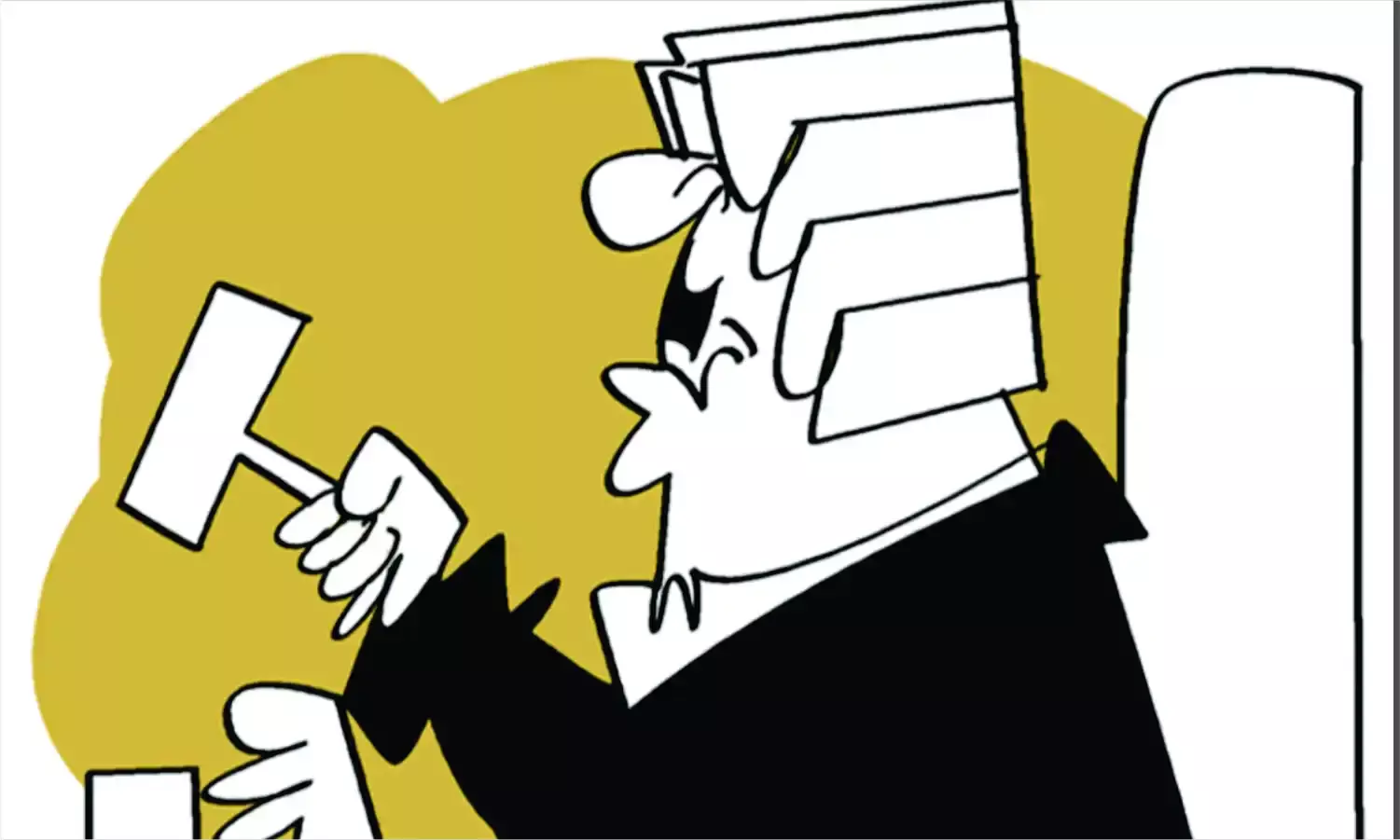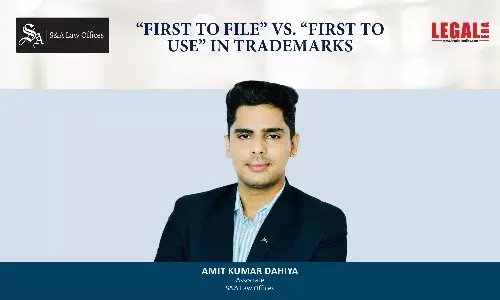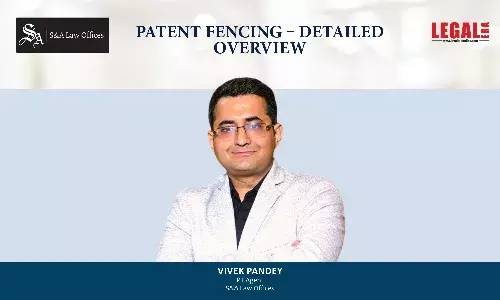With strong precedents asserting copyrights’ being vested in show formats as literary and now as dramatic work, injunctions pinning down reality shows could be as much a reality..."Beyond the fiction of reality there is the reality of the fiction - Slavoj Žižek" As we see the Indian television industry evolve, reality shows are steadily growing footprint across screens. While the...
With strong precedents asserting copyrights’ being vested in show formats as literary and now as dramatic work, injunctions pinning down reality shows could be as much a reality...
"Beyond the fiction of reality there is the reality of the fiction - Slavoj Žižek"
As we see the Indian television industry evolve, reality shows are steadily growing footprint across screens. While the audience rolls its eyeballs to trip on reality and entertainment combined, producers and channels are learning to balance TRPs and competition. The latest judgment laid down by the United Kingdom High Court in the Banner Universal case reinforces the million dollar question 'How can one protect the format of a reality show?' This article aims to inspect the said judgment among others and delve into the jurisprudence involving TV show formats/ production bibles protection in India through Intellectual property rights.
To seek clarity, one has been reaching out to the 1978 Supreme Court judgement of R.G. Anand vs M. S. Delux Films & Ors, where principles are laid down towards the said thumb rule including the following ones relevant to reality shows:
a. There can be no copyright in an idea, subject matter, themes etc. and and violation of the copyright in such cases is confined to the form, manner and arrangement and expression of the idea by the author of the copyright work
b. Where the theme is the same but is presented and treated differently so that the subsequent work becomes a completely new work, no question of violation of copyright arises.
c. One of the surest and the safest test to determine whether or not there has been a violation of copyright is to seeing the reader, spectator or the viewer after having read or seen both the works is clearly of the opinion and gets an unmistakable impression that the subsequent work appears to be a copy of the original.
These propositions were further discussed and clarified by the Bombay High Court in the Zee vs Sony matter concerning Zee's celebrated show India’s Best Dramebaaz, in which Zee claimed that its copyright in the literary work comprising the concept note and production bible was being infringed by Sony vide their show Sabse Bada Kalakar.
First up, Justice Patel endeavored to define production bible as being a master document for the production in question, which, while surely allowing for variations, provides a road map for the show and sets out the 'kernel' through the overarching thematic structure, the unique elements and so on, with the purpose to give the show a defined coherence and focus.
In that or a concept note, the judgment clarifies, the broader elements such as auditions, selections, judges drawn from film and theatres, eliminations etc. worded in generalities cannot command exclusivity as they are obvious processes incidental to the show, and the entire Idol series and 'Got talent' series broadly follow that pattern. The court further looked at additional aspects of the show such as contestants thanking their parents, and rendered it not quite unique attracting copyright protection, remarking it to be perhaps no more than good manners.
On the other hand, the judgment makes an express assertive declaration on copyright being vested in the production bible. The below judgment excerpt elaborates the same:
"There is also no doubt that copyright can and does vest in a production bible, as it must also vest in an original concept note. These are not just ideas. These are particularized expressions of ideas. But this is not to suggest that every page of a production bible or every aspect of it enjoys the same level of protection. In a field as crowded as this, there are bound to be common elements and I should expect that a plaintiff claiming copyright in some aspect of a show such as this will not readily claim copyright in those matters that are demonstrably or undeniably in the public domain."
In deciding the direction of the judgment, the court put the onus on Zee to be able to show that there is something in its production bible, concept note or in its show that is utterly and identifiably original and that has been copied by Sony, or even if it were only to be re-arrangement by its original labours of previously known elements, that must be demonstrated, which ultimately the court concluded could not be shown, leading the final outcome in favour of Sony.
Turning pages to older judgments on the same subject but with a different outcome, Urmi Juvekar Chiang v. Global Broadcast News Limited Bombay High Court judgment of 2007, represents an example where the reality show was shown the red light and had to withdraw telecast immediately. The court restrained CNN-IBN from broadcasting the show 'Summer Showdown' upholding copyright of Urmi Chiang's concept note, where it was established that the channel had adapted the clear and detailed script in all material aspects. The judgment also significantly enough inspects the aspect of confidentiality when such concept notes are shared with channels, and deeming it to be a broader right than copyright itself, asserted its entitlement for an injunction above and beyond IP infringement which was granted to the plaintiff in this matter.
Now coming to the latest stepping stone in the format protection jurisprudence, the UK High Court judgment dated 19 October 2017, garners attraction due to its express legal declaration that 'the format of a television game show or quiz show can be the subject of copyright protection as a dramatic work'. The judgment noted that each recorded episode of a television game show or quiz show would be likely itself to qualify for copyright protection as a dramatic work, so that copyright would be infringed if someone else staged a re-enactment of the same episode. The significance of broadening the scope of the format from merely literary work to dramatic work can be multifold as it transcends the court's lens from the written production bible to the screen version of the show.
To provide a background to the case, the claimant Banner Universal Motion Pictures Limited ("BUMP"), an English company advanced the litigation against Shine TV, Friday TV and NBC relying on grounds of copyright infringement, trademark violation and breach of confidence. BUMP having disclosed a document containing the format of a game show 'Minute Winner' to Friday TV, asserted that copyright subsists in the Minute Winner Document as an original dramatic work. While establishing the rights and consequent tests for enforcing them, the court finally concluded that the plaintiff could not make a strong case to show that allegations have cognizable merit in them, ruling against BUMP, but at the same time, ended up etching a strong precedence for copyright disputes in show formats across the globe.
In summary, as subscription to reality shows by channels and fans is expanding, so is the legal framework and jurisprudence to protect them. With strong precedents asserting copyrights vesting in show formats as literary and now as dramatic work, injunctions pinning down reality shows could be as much a reality.
Disclaimer – The views expressed in this article are the personal views of the authors and are purely informative in nature.









